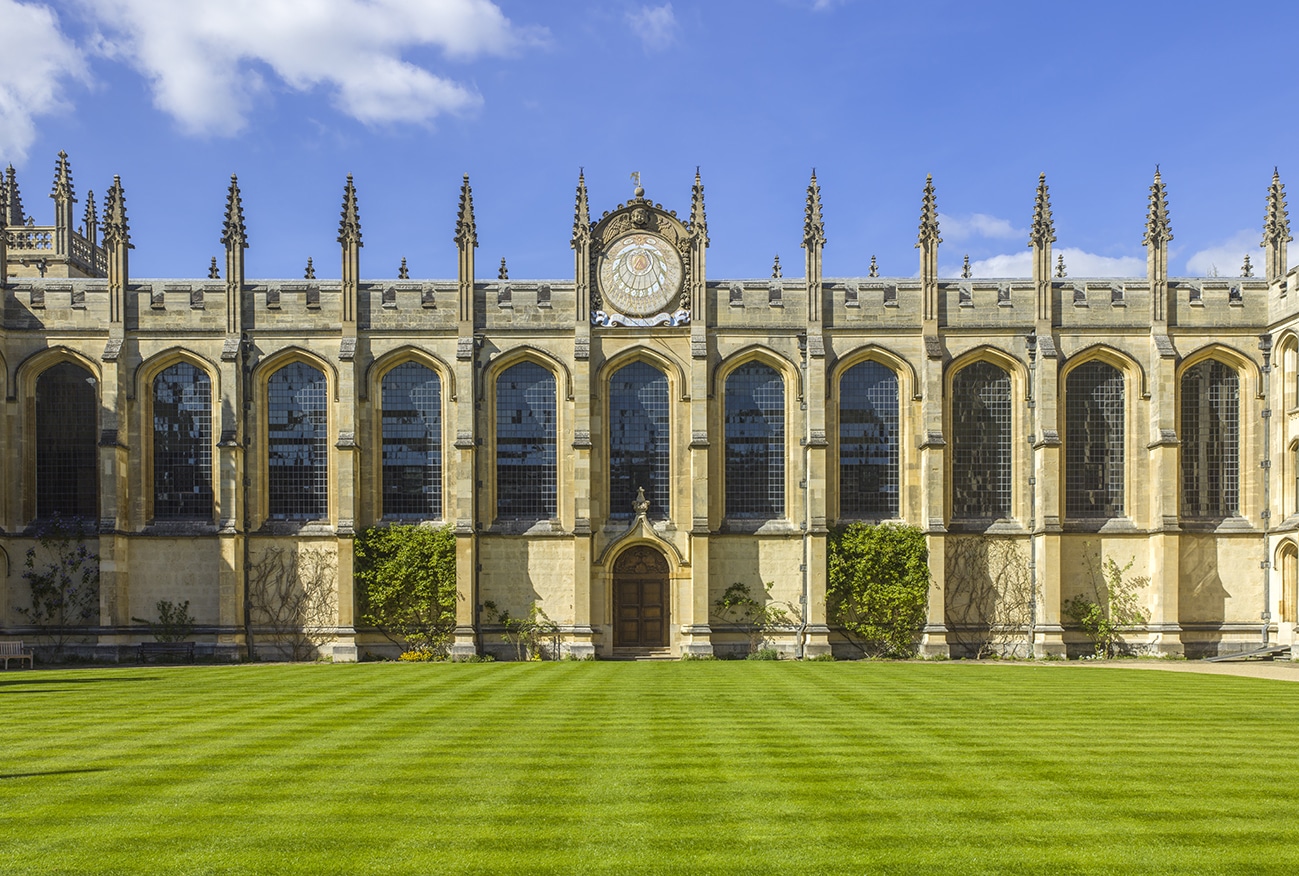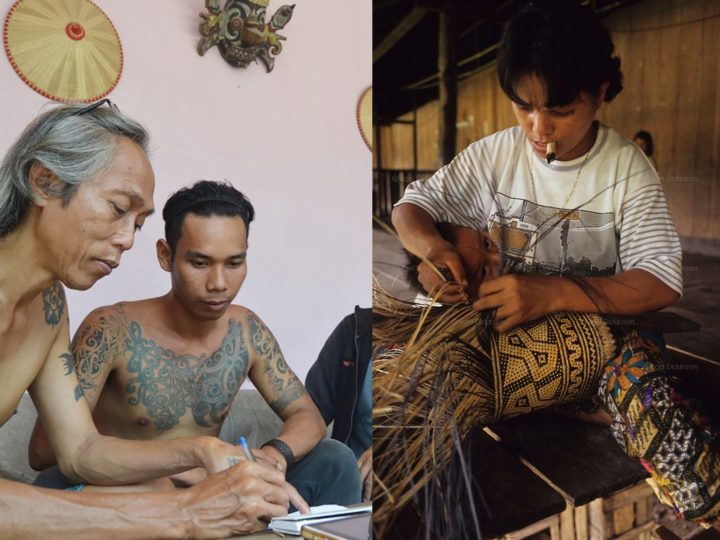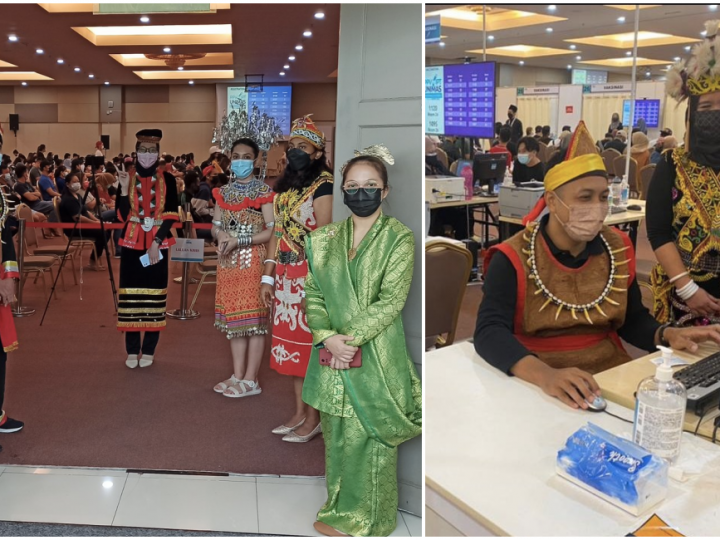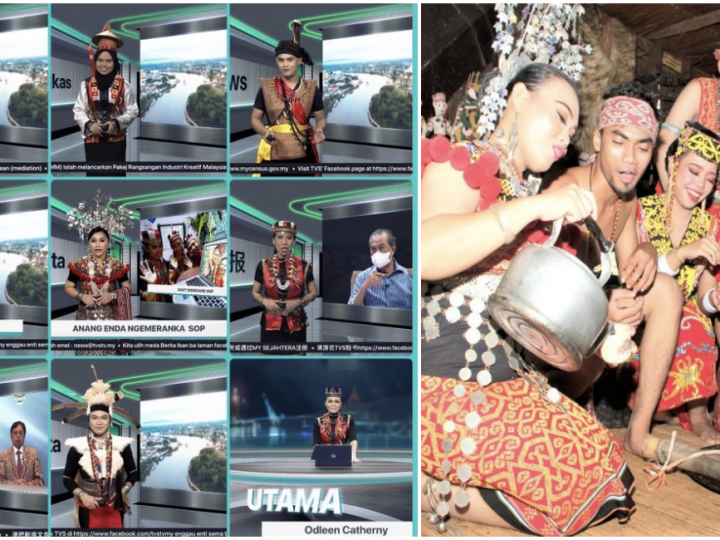JUICE Talks to Sarawakian, Chris Deng on Getting Accepted to Oxford & His Plans for The Community
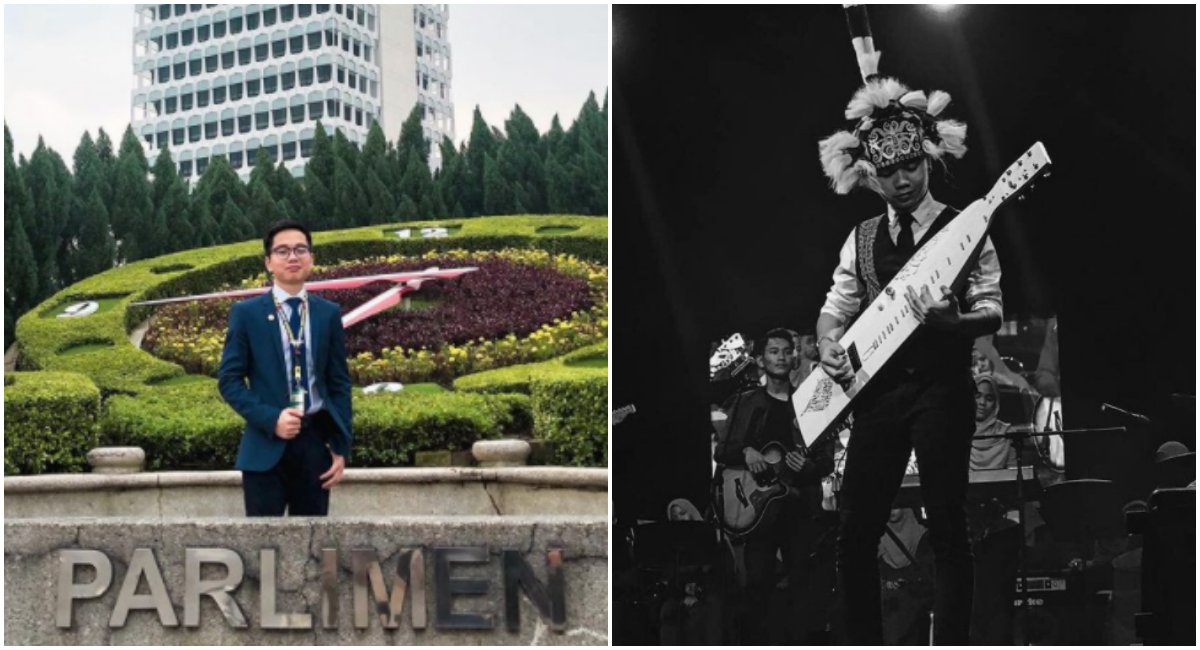 Thirsty for JUICE content? Quench your cravings on our Instagram, TikTok and WhatsApp
Thirsty for JUICE content? Quench your cravings on our Instagram, TikTok and WhatsApp
For most city folks, hearing news about a friend or acquaintance pursuing their studies at an Ivy League University is becoming somewhat of a norm.
But for those living in rural areas, this achievement is seen as something extraordinary.
Baram, Sarawak gem, Chris Deng Vinsien overcame adversity and carved his name into history when he became the first Kayan-Kenyah descent to be offered the esteemed opportunity to read Law in the University of Oxford UK.
As the bright, young son of Vinsien Gau Jalong and Maria Deng Wan, Chris attributes his success to the unflinching support of his parents, who are undoubtedly extremely proud of him.

A Yayasan Khazanah scholar who completed his A-Levels at Kolej Yayasan UEM, Chris has always been a hard-worker and now, that dedication and passion to not only rewrite his future but the future of his community is beginning to come into fruition.
JUICE received the amazing opportunity to pick his brilliant mind and find out how he got to where is now as well as his plans for the future. Along the way, we even asked Chris how he relaxes because surely the road to Oxford could not have been a stress-free one.
Without further ado, here is our chat with Chris Deng Vinsien…

The day you found out you were shortlisted for Oxford must have been a memorable one. Walk us through that day.
After my Oxford Law interview, I thought I did horribly, mainly because I fumbled in one of the questions and gave an inaccurate response for another. I spent the next few months simply preparing for the worst—preparing to be rejected. I anticipated my results would come out at 4.00pm MYT, since that would mean it was 8.00am in the UK, yet at 4.00pm, there was still no response.
I grew increasingly nervous. All of my other friends who applied had just gotten their rejection notices, and I thought “if my friends (who are smarter than I am) got rejected, I have a slim chance of succeeding.”
I was just about to head to sleep at 1.30am when suddenly I received an email. The email said “Please check your application, as there has been an update.” Nervous yet excited, I opened the application website, and displayed on the screen: “Congratulations! The University of Oxford has offered you a place to read Law.”
I froze in disbelief. For a solid 5 minutes, I was numb. As the realisation dawned on me, that disbelief transformed into joy. I ran out of my bedroom and ran around the living room. My parents were both asleep at the time, and I didn’t bother to wake them up.
So I just sent them a WhatsApp text to surprise them when they do wake up in the morning.
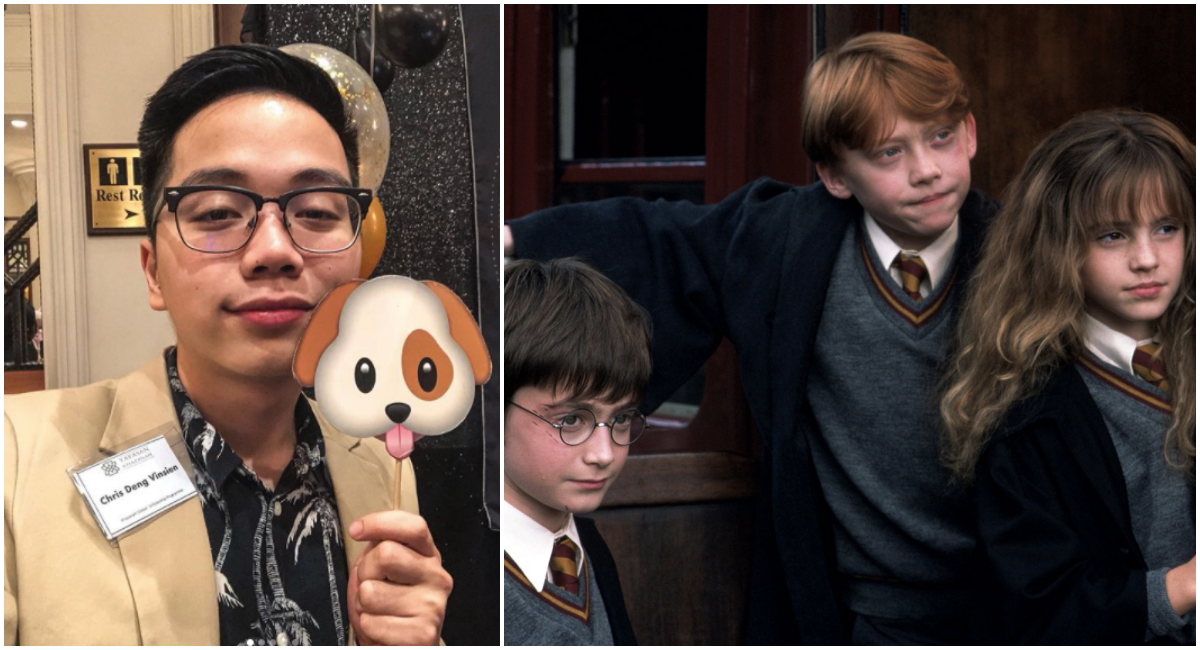
What specific event led to your determination to shoot for the stars and aim for universities outside of Malaysia?
I think I grew up in a relatively Westernised family. We speak English, Kayan and Malay at home, and I grew up reading English story books and encyclopedias.
There wasn’t a “specific event” that inspired me, but more so an amalgamation of tiny events—like watching Harry Potter, or witnessing my cousins study abroad—which motivated me to study abroad and experience different cultures.
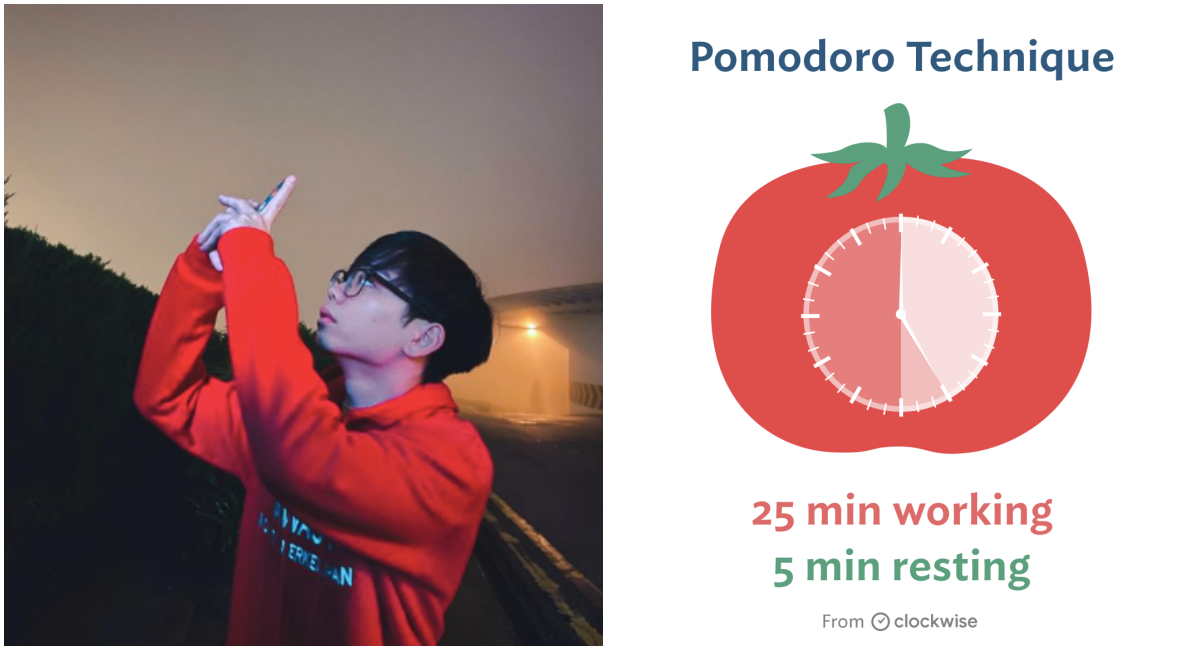
Tell us about your methods of studying. How do you stay focused and motivated?
Ironically enough, I think the best way to study—and what I’ve been doing—is to rest in between short study sessions. Commonly known as the Pomodoro Technique, it’s simply studying in short 25 minute intervals and resting for 5 minutes, and repeating the process several times.
I usually start my study sessions with a cup of coffee, and if even caffeine can’t stop my fatigue, I’ll just stop studying altogether. Studying with like-minded friends also helps a lot. Surrounding myself with diligent friends indirectly motivates me to study.

Other than your lovely parents, who inspired you to continue your hard work and achieve your goals?
Apart from my parents, I think my willpower derives from my community back home.
I have a sense of duty to my community, as I know they have (directly and indirectly) influenced my life and shaped it to become what it is now. Constantly reminding myself of my purpose to serve others and help Sarawakians also strengthens my resolve, especially when I feel stressed.
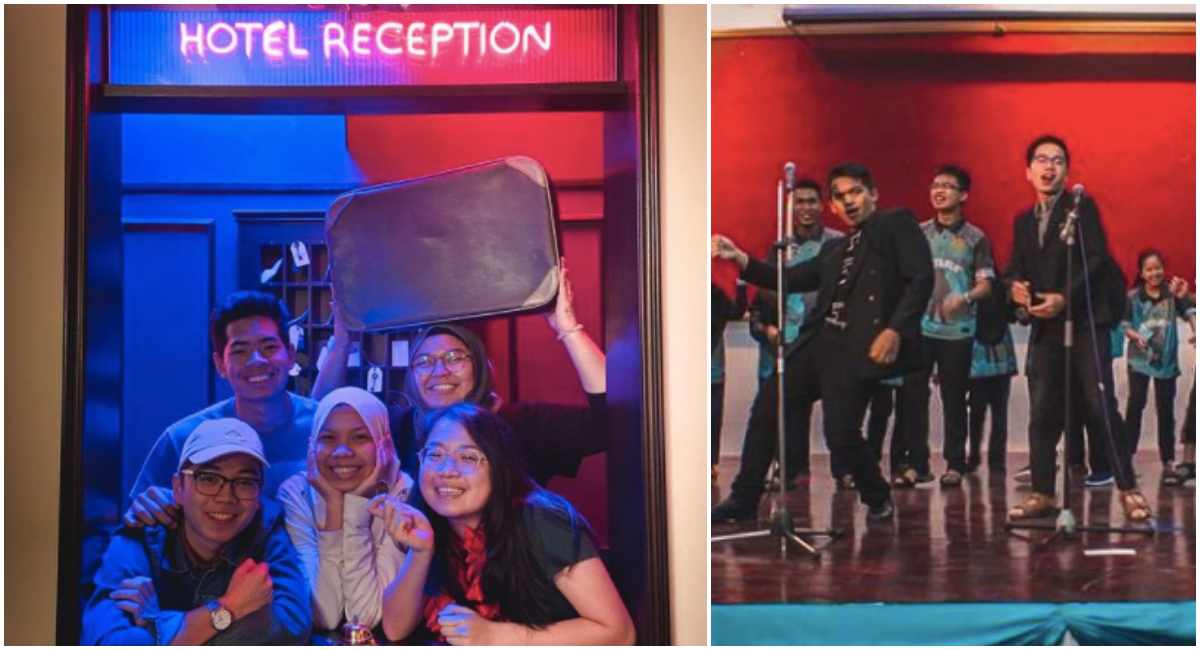
It’s a common belief that students must study 24/7 to achieve excellent results. Is that true? If it isn’t, what do you do for fun during your free time?
Studying 24/7 is not only detrimental to your academics, but most importantly, your mental health.
In my free time, I usually lepak with my friends and play the guitar. I think it helps calm my nerves tremendously. I would sometimes spend an hour a day just playing the guitar. When we’re feeling extra stressed out, my friends and I would play mobile games.
In the evening, I would go out and do sports. Commonly, I cycle with my friends, or play a few games of badminton and squash. Basically, I play almost any sport that I feel like playing at the time.

Since you’re a lover of music, what genre of music do you love listening to and who are your favourite artistes?
I love listening to Rock, Rap and Indie Pop.
Among my favourite bands and artistes are AC/DC and Eminem, although I do listen to a lot of Harry Styles and Post Malone too.
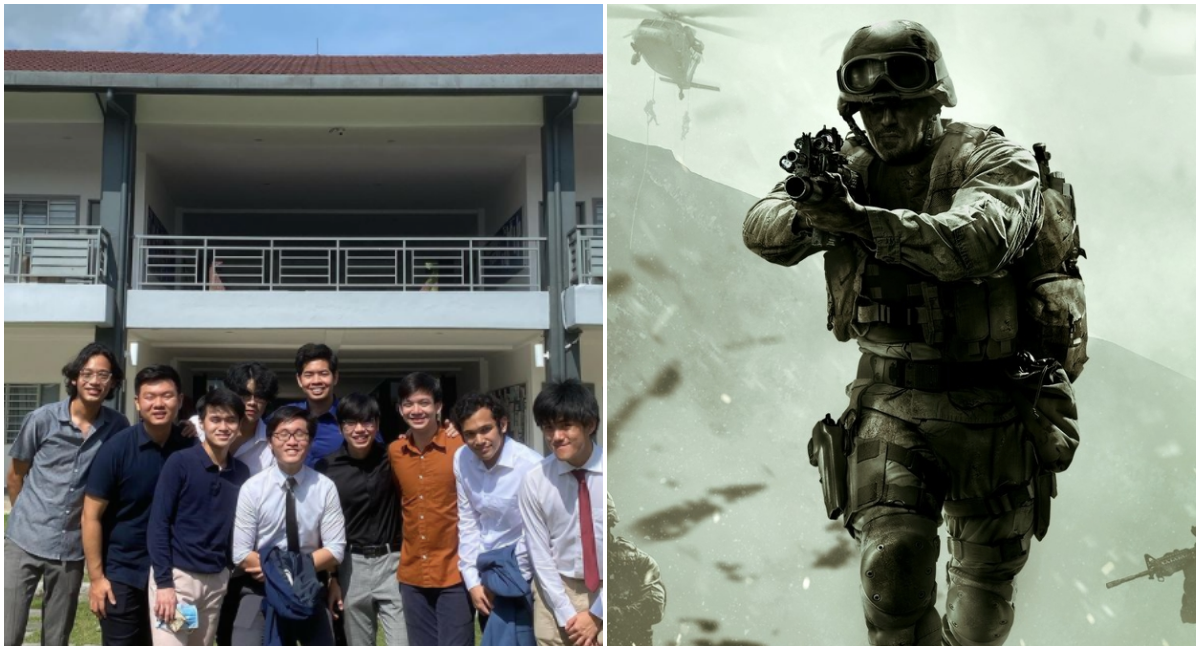
During a global pandemic, people often times feel isolated and alone. How do you stay connected with your friends and loved ones?
I usually find unique ways to keep my relationships with my friends fresh.
At the start of the pandemic last year, I played Call of Duty almost daily with my friends, just to keep in touch and maintain my sanity. I used to get rather lonely in lockdown, so simply rambling about random topics over a game of COD with friends was relaxing.
Nowadays, I’m involved in projects with my friends, which keep all of us in touch even if we’re hundreds of miles apart. We even made a promise to FaceTime each other at least 4 times a year (once each quarter), up until we grow old and senile.
At the moment, we definitely FaceTime more often than once a quarter, but we’ll see how it goes in the future.
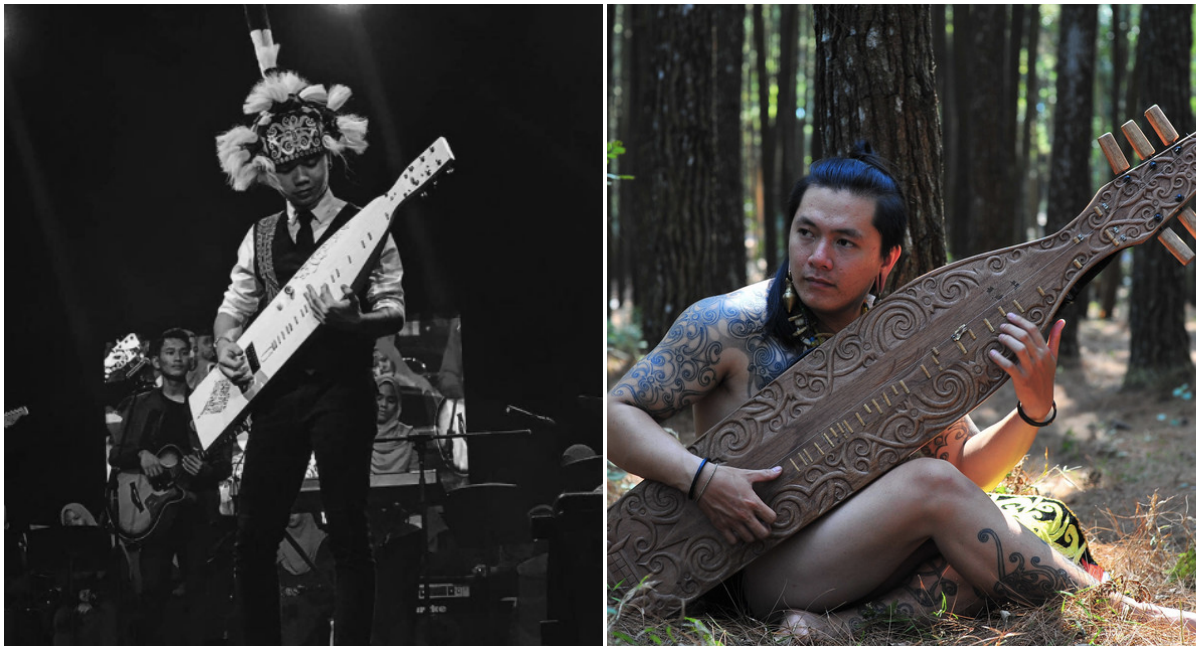
I noticed you played the Sape. Why did you pick up the instrument and what songs can you play on it?
To be completely honest, I picked up the instrument because my brother, Moses, plays the instrument too. So the fact that he played it made me think “I can play it too.”
And so I made a deal with my music teacher to teach me if I got ranked #1 in academics in my entire batch.
When I did, my musical journey began.
I can play almost any song on the Sape if given time to practice, but ones that I know by heart are traditional songs like ‘Datun Julud’ and ‘Leleng’.

While you were studying, what were the most noticeable obstacles that created the gap between students in rural areas and students in the city when it came to education?
From my observation, the main cause of the gap between rural areas and the city is simply the difference in culture and mentality. When I say “culture”, I don’t mean it in the traditional sense of the word.
My friends in the city grew up surrounded by people that went to universities abroad, such as Harvard, Princeton or Oxford. That normalisation instills a ‘can-do’ mentality in many of my city friends, who view excellent grades as a responsibility, rather than a rarity.
While in rural areas, students are trapped in their bubble. The inability to explore the outside world firsthand exacerbates this problem. Students think only within the confines of their own community.
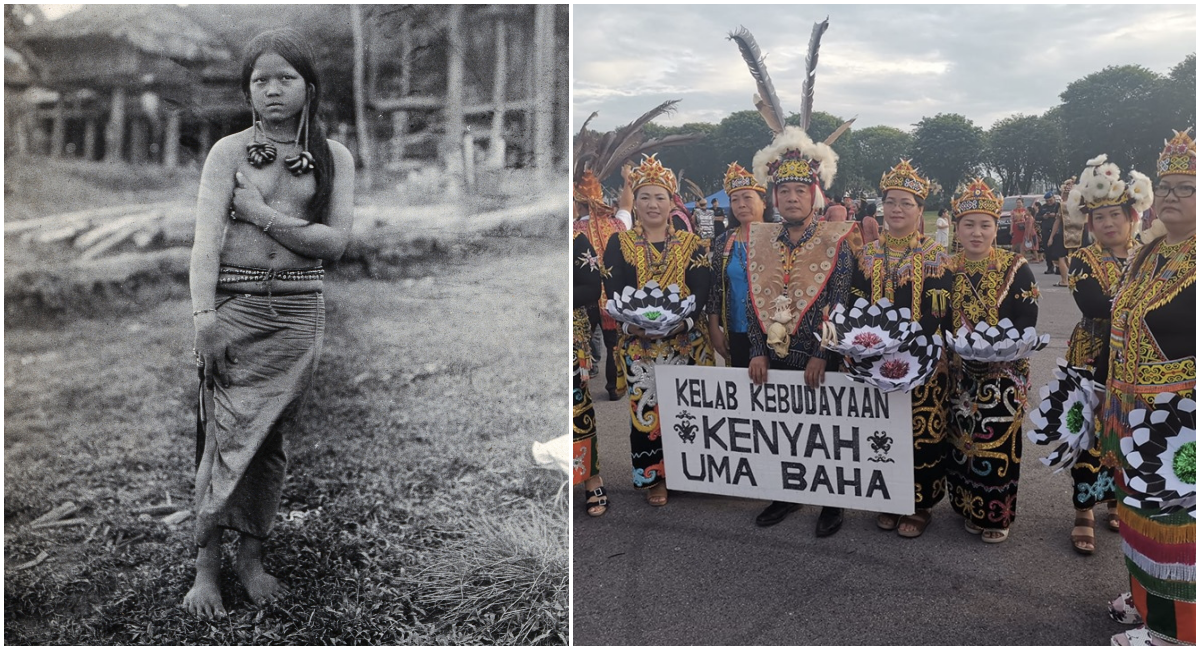
How have you helped your community thus far when it comes to their exposure to further education and what are your plans for the future?
Honestly, I think I am not yet worthy to say that I have “helped my community”. All I can say is that I hope my journey thus far has exposed to my community that studying at prestigious universities abroad is not impossible.
I hope that in the future, it will be normal for us to see Sarawakians heading to Oxford, Harvard, Cambridge, etc.
In regards to my plans for the future, I want to somehow provide better quality education to people in my community. I think education (not merely formal education) is the main pillar in one’s growth as an individual in the long run.
I have not come up with a concrete plan yet, but rest assured I will make it a reality.
We at JUICE wish Chris all the best and we hope that he will be one of many more to achieve this great feat!


 Get Audio+
Get Audio+ Hot FM
Hot FM Kool 101
Kool 101 Eight FM
Eight FM Fly FM
Fly FM Molek FM
Molek FM